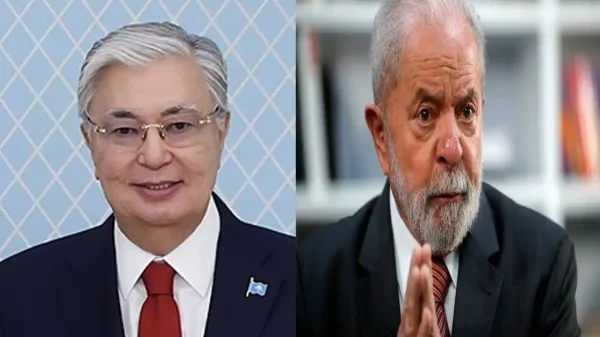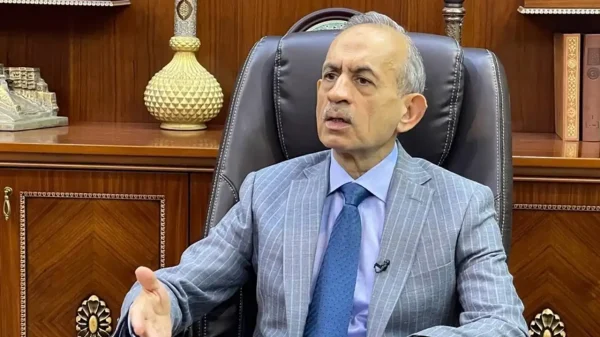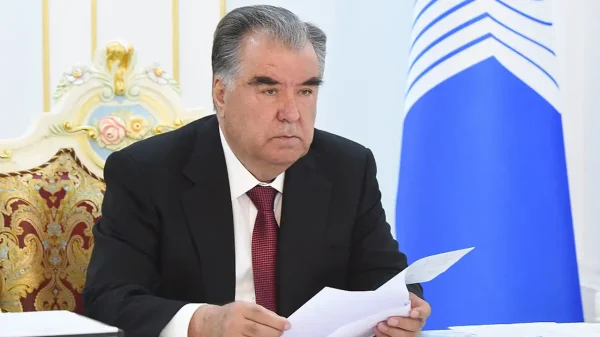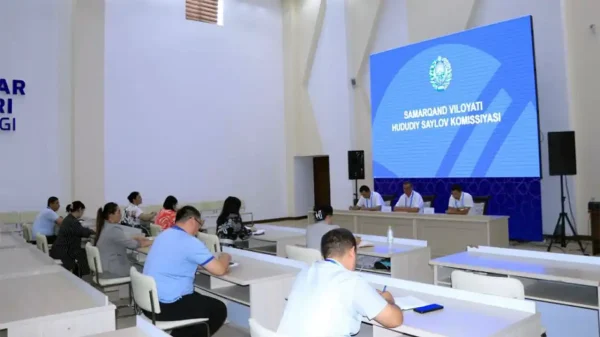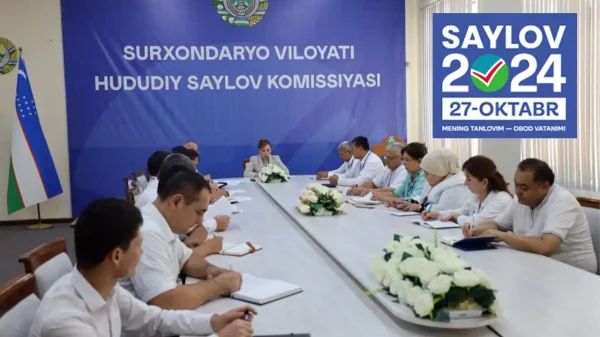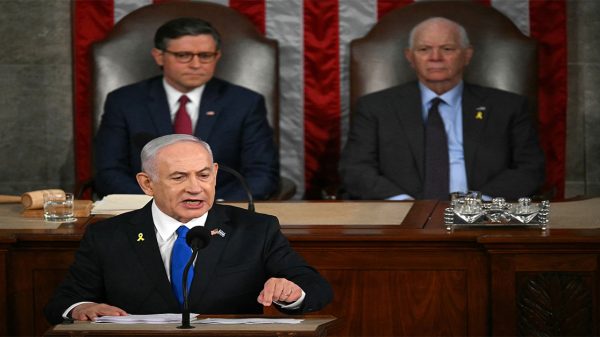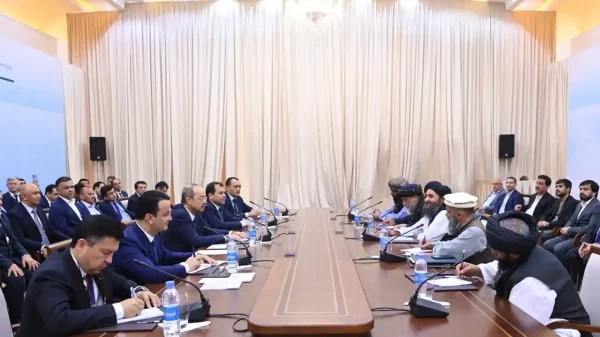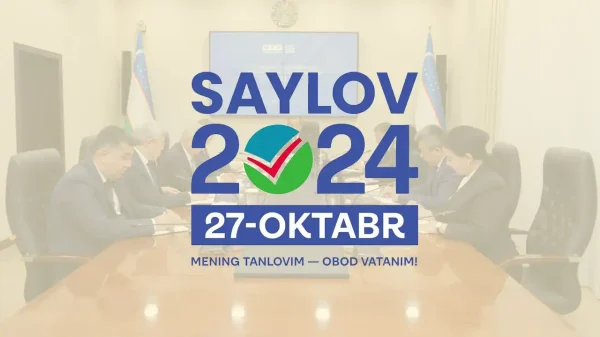On November 15, Uzbekistan introduced a new law targeting foreign citizens and stateless individuals labeled as “undesirable.” The government claims these measures are designed to uphold the country’s sovereignty, security, and unity. This significant legislation reflects Uzbekistan’s growing emphasis on maintaining its internal stability.
Legislative Background
The legislative journey began on June 25 when Uzbekistan’s Legislative Chamber of the Oliy Majlis approved amendments to its law regarding the legal status of foreign nationals and stateless persons. These amendments introduced the controversial concept of “undesirable elements” among foreign nationals. The Senate endorsed the bill on September 21, leading to its enactment in November.
Criteria for Being Deemed Undesirable
Under the new law, a foreign citizen or stateless person may be classified as undesirable if they are found to:
- Threaten Uzbekistan’s sovereignty, security, or unity.
- Incite enmity or hostility within the country.
- Disrespect the honor, dignity, or history of the Uzbek people.
Uzbekistan New Law Restrictions Imposed
Foreign nationals deemed undesirable face severe penalties, including:
- A five-year ban on entering Uzbekistan.
- Restrictions on opening bank accounts, purchasing property, or participating in privatization processes.
- Prohibitions on engaging in financial or contractual transactions.
However, individuals are allowed to sell or transfer any property they own within Uzbekistan during this period.
Prolonged or Early Removal from the List
If the issues leading to the designation are not resolved within the initial five-year ban, the restriction will be automatically extended for another five years. On the other hand, individuals may apply for early removal from the list by addressing the concerns or through government intervention.
Enforcement and Compliance
Those notified as undesirable are required to leave Uzbekistan voluntarily within 10 days. Failure to comply with this directive will result in forcible deportation.
Government’s Perspective
Uzbek authorities argue that the law strengthens national security and prevents activities that could destabilize the nation. Critics, however, view it as a potential tool for suppressing dissent and limiting the movement of individuals who might oppose government policies.
This new legislation marks a turning point in Uzbekistan’s approach to regulating foreign presence, signaling its commitment to safeguarding national interests while raising questions about the balance between security and personal freedoms.










